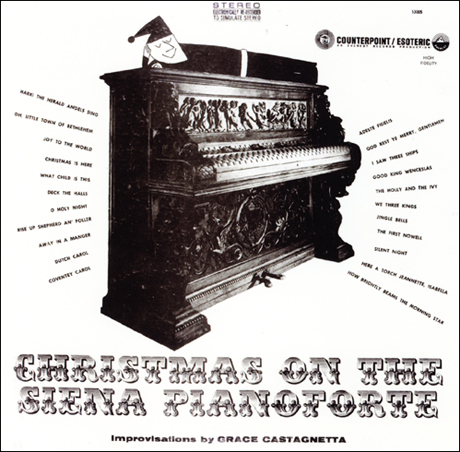When I was young, I believed there was an agency that monitored TV commercials in order to ensure that all of the claims made were true. As time passed, I began to realize that advertising was simply an unregulated free-for-all battle of competing claims, at least one of which was not true.
In 1962 I went to see Little Stevie Wonder at the Gardens Auditorium in Vancouver. Stevie was 12 years old at the time, and so was I. He stood awkwardly at centre stage and sang along with his records. There was no pretense about it. You could hear the needle drop on each track, and Stevie was the only performer on the stage. Everyone knew that he was just singing along - you could hear both his voice and the recorded original - but the audience understood that he wrote the songs and sang them on the records. He was the heart and soul of the tunes we loved, and we were honored to be in his presence.
Last week we opened for CCR. The week before we did the same for The Sweet. Both bands were paid very large sums of money to headline these shows. Neither of them featured the singer who sang (and in the case of CCR, wrote) their hits.
“The Sweet” was a British “Glam-Rock” band that had hit records in the 1970’s. We played with one of the *two* currently touring versions of the band. One version contains only the original bass player, the other, the original guitar player. The Wikipedia page for The Sweet lists a total of 12 singers over the years - not counting the one who actually sang “Little Willy” and “Ballroom Blitz”.
“CCR” (”Creedence Clearwater Revival”) was an iconic American band fronted by the amazing one-of-a-kind talent; John Fogerty, who wrote, sang and played guitar on the CCR hit records. After going solo, Fogerty tried to stop the drummer and bass player from Creedence Clearwater Revival from advertising themselves as “CCR” (”Creedence Clearwater *Revisited*”) and touring all over North America with a singer who mimicked him - but he was unsuccessful. This was the band that we opened for in Waterloo Ontario last week.
This has happened before. Canada’s “Guess Who” toured successfully in America for years without Randy Bachman and Burton Cummings. “BTO” did the same without either the “B” (Randy Bachman) or the “T” (Fred Turner). To be fair, Randy’s brother, Robbie Bachman, BTO’s original drummer, was in attendance.
I don’t think there’s anything wrong with trying to imitate famous front men and women. Singers for cover bands all over the world do it every night and some do it shockingly well. I did it for years. (In fact, back in the day I did a pretty convincing John Fogerty!) “Tribute” bands do note-for-note emulations of the groups they are paying tribute to. Some singers, like Shania *Twin* and *Nearly* Neil, make a living pretending to be their similarly-named heroes.
None of these singers, though, pretend for a moment that they are the *actual* singers featured on the hits they are singing. If, however, one of them were drafted to be the next singer for “CCR” or “The Sweet”, they would, at the expense of what I believe is a sizable portion of their ticket-buying audience, be doing exactly that.
And I don’t think that’s right.
People who buy tickets to see Shania *Twin* do not expect to see, nor do they pay the premium ticket price commanded by, Canada’s best looking country singer. I have to believe that many, if not most, of the people buying tickets to see, say, “CCR” headlining a big-ticket concert are expecting to see … well … CCR! And I don’t think they’re stupid because they didn’t know otherwise. The band should be billed as: “WHOEVER, featuring Stu Cook & Doug Clifford, formerly of CCR” - so there’s no possible confusion for the public.
I saw a poster the other day that stopped me in my tracks. It was promoting an upcoming show for “Doug and the Slugs”. Doug Bennett’s distinctive voice and inimitable stage presence were always the heart and soul of the tunes he wrote and recorded with his band and the shows they performed. Doug died a tragic death only a few short years ago. I’d like to humbly suggest that the band do as they once did when they released a single that Doug played no part in. They called themselves: “The Slugs Without Doug”. I think that would be a much more appropriate name for their current project.





